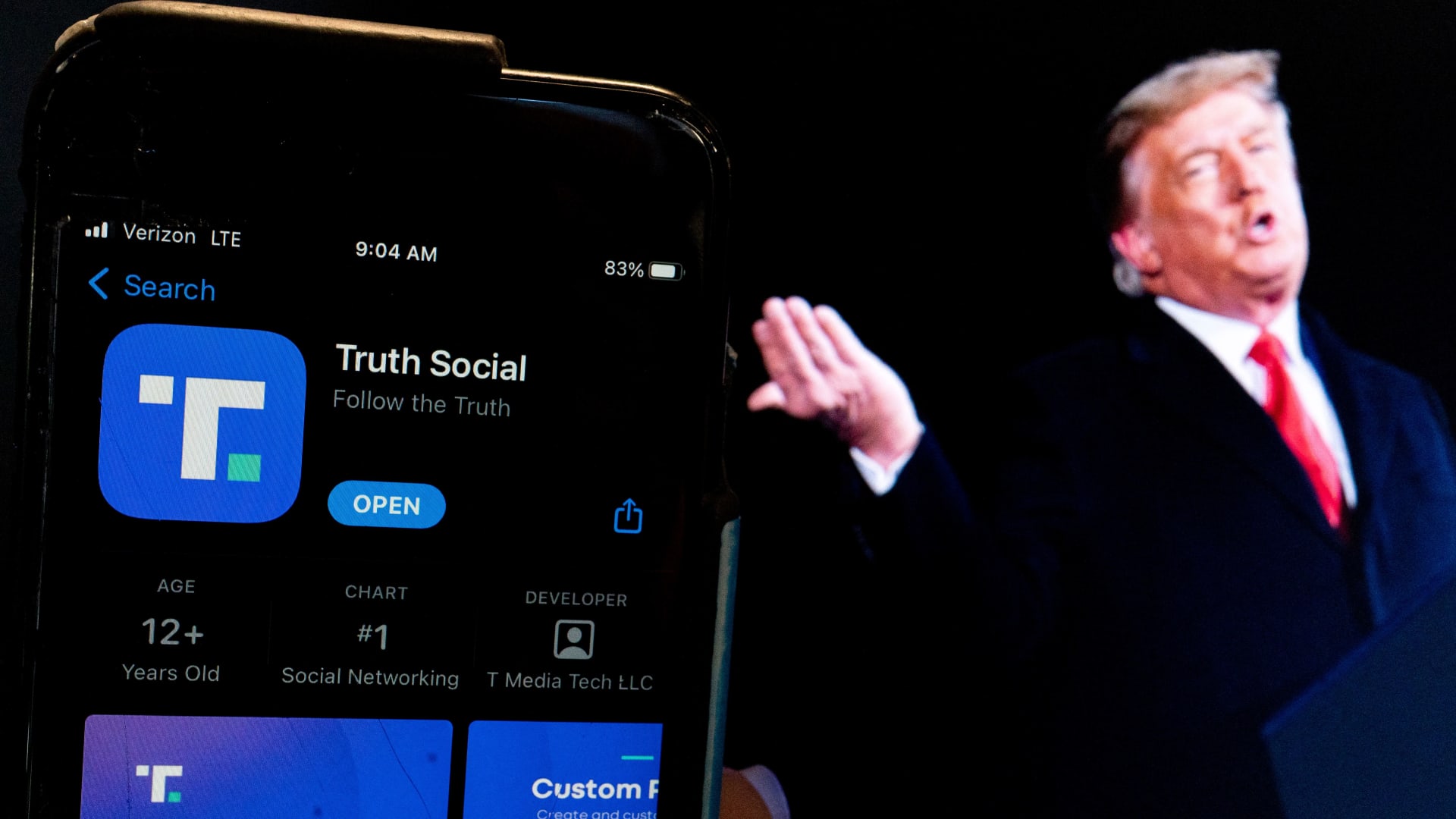In the clubhouse after the Los Angeles Dodgers won their season opener in Seoul last month, Shohei Ohtani’s longtime interpreter, Ippei Mizuhara, made a startling confession to the team: He was addicted to gambling and Ohtani had paid off his debt to a bookmaker.
Ohtani, who doesn’t speak English fluently, listened but didn’t fully understand what Mizuhara was saying. However, he knew enough to be suspicious and he wanted answers.
A few hours later, around midnight, Ohtani finally had the opportunity to drag Mizuhara into a conference room in the basement of the Fairmont Ambassador Hotel in Seoul.
When it was just the two of them, Mizuhara caught up with his boss: he had racked up huge debts with the bookmaker and stolen the baseball star’s money to pay them off.
With his clarification, however, Mizuhara made a final attempt to protect himself from the law, according to two people familiar with the conversation, who requested anonymity to discuss a private matter. He asked his patron to agree with the story he had just told Ohtani’s teammates, his advisers and an ESPN reporter who had inquired about $4.5 million in transfers from Ohtani’s account to an illegal bookmaker in California .
Ohtani refused and called his agent Nez Balelo into the conference room. Balelo then brought in several other people to handle the crisis: a lawyer in Los Angeles; Matthew Hiltzik, a crisis communications manager in New York; and a new interpreter who Ohtani’s inner circle could trust. Mizuhara’s wife also attended the meeting.
Shortly thereafter, Ohtani’s aides released a statement to reporters claiming that Ohtani was the victim of a multimillion-dollar theft. Headlines soon spread around the world linking Ohtani to illegal gambling.
It was a story that kicked off a dizzying three weeks of traveling from South Korea to Los Angeles, from baseball stadiums to hotels to airports to meetings with lawyers and federal agents. At times it appeared that baseball’s biggest star was in danger of becoming embroiled in a gambling scandal that mirrored painful episodes from the sport’s past. The climax came Thursday when prosecutors charged Mizuhara with bank fraud and filed a criminal complaint of large-scale embezzlement in which he stole $16 million from Ohtani, whom they strongly described as a victim in the case.
The formal charges and complaint were announced a day after the New York Times reported that Mizuhara and his lawyer Michael Freedman, a former prosecutor who specialized in white-collar crime defense, were negotiating a settlement. On Friday, Mizuhara surrendered to law enforcement in Los Angeles and appeared in court for the first time, wearing street clothes and shackles. He pleaded no contest and was released on $25,000 bail. The conditions of his release require him to undergo drug testing and receive treatment for his gambling addiction.
Freedman issued a statement Friday saying Mizuhara “continues to cooperate with the legal process and hopes he can reach an agreement with the government to resolve this case as quickly as possible so that he can assume responsibility.” He added that Mizuhara had apologized to Ohtani and the Dodgers and was “eager to get treatment for his gambling.”
The trip to Seoul appeared to be a triumphant moment for Major League Baseball. Ohtani’s rise to prominence in the United States, whose on-field exploits drew comparisons to Babe Ruth, had given the league new cultural prominence around the world. And now Ohtani and his new team, which signed him to a 10-year, $700 million contract in December, were in Asia to open a new season with two games against the San Diego Padres. The tension couldn’t have been greater.
But when news of Mizuhara broke, Major League Baseball realized it had a problem. It said it was investigating the case. And the Los Angeles field offices of the Criminal Division of the Internal Revenue Service and the Department of Homeland Security unusually released news that they, too, had opened an investigation. The story of Pete Rose, the major league career hits leader who was banned from baseball in the 1980s for betting on the sport, was on everyone’s lips.
After the meeting at the hotel, the Dodgers immediately released Mizuhara. Soon he was on a plane back to Los Angeles, where Homeland Security officials met him at the airport. He refused to submit to an interview, but gave agents access to a goldmine of information that would prove crucial to their investigation: He signed a form giving his consent to a search of his cellphone.
Ohtani also flew back to Los Angeles under a cloud. When he arrived, he also gave investigators access to his electronic devices.
Working with a Japanese linguist, investigators combed through about 9,700 pages of text messages between the two men and found no mention of sports betting or any of the bookmakers with which Mizuhara dealt.
On two days this month, Ohtani met with investigators in Los Angeles – one of the days he hit his first home run as a Dodger, hours after an interview with the agents – and described his relationship with Mizuhara, which he first married in 2013 Mal met while playing professional baseball in Japan.
The Los Angeles Angels hired Mizuhara as Ohtani’s translator when Ohtani joined the team in 2018. However, Ohtani also employed him separately as a “de facto manager and assistant,” the complaint says. Mizuhara drove his boss to and from the ballpark and attended to certain “business and personal matters” outside of baseball.
In 2018, both men visited a bank in Arizona where the Angels were holding spring training and opened an account into which Ohtani’s paychecks could be deposited. According to prosecutors, over the next three years, Ohtani never once logged into the account online, and the money piled up.
Ohtani, of course, has many other accounts – he makes more money from endorsements and business deals than from his lucrative baseball salary. But it was that account, intended solely for Ohtani’s baseball earnings, that Mizuhara sought to take control of, only to steal for years as he became increasingly addicted to gambling, prosecutors said.
Mizuhara changed the account’s settings so that notifications and confirmations of transactions go to him and not to Ohtani. Citing phone records obtained from the bank, prosecutors said Mizuhara also posed as Ohtani to obtain the bank’s approval for certain large transactions. And whenever one of Ohtani’s other advisers – his agent, accountant, bookkeeper or financial advisor, all of whom were interviewed for the federal investigation – inquired about the account, Mizuhara told them that Ohtani preferred to keep the account private.
According to E. Martin Estrada, the U.S. attorney in Los Angeles, Mizuhara stole $16 million from the account between November 2021 and January of this year to feed his “insatiable appetite for sports betting.”
Ohtani has been called many different names in recent years. The modern Ruth. A baseball monk. Japan’s most famous citizen. In the criminal complaint that authorities released Thursday, he was identified only as “Victim A.”
The complaint revealed text messages between Mizuhara and the bookmaker, which is also the subject of a federal investigation because Mizuhara made losses and received repeated increases to his credit limit – “bumps” in gamblers’ parlance.
A 2022 text from Mizuhara reads: “I’m terrible at this sports betting thing, aren’t I? Lol…Is there any chance you can nudge me again?? As you know, you don’t have to worry about me not paying.”
Although there is no evidence that Ohtani knew about the bets, the bookmaker knew about Mizuhara’s connection to Ohtani. Last November, the bookmaker had difficulty reaching Mizuhara and threatened to expose him to Ohtani, saying he knew where to find the baseball star.
In a text attached to the complaint, the bookmaker wrote: “Hey Ippei, it’s Friday, 2 o’clock. I don’t know why you don’t answer my calls. I’m here in Newport Beach and I understand [Victim A] goes for a walk with his dog. I’ll just go up and talk to him and ask how I can reach you since you don’t answer? Please call me back immediately.”
As Mizuhara fell deeper into debt, prosecutors said, he used $325,000 of Ohtani’s money to buy baseball cards online earlier this year and had them mailed to the Dodgers’ clubhouse under an alias. Agents found the cards – including Juan Soto, Yogi Berra and Ohtani – in several briefcases when they searched Mizuhara’s car. Prosecutors said they believed he planned to resell them.
Because it was a baseball story, the criminal complaint was packed with numbers:
-
19,000 bets.
-
Total bets won $142,256,769.74.
-
Total losing bets amounted to $182,935,206.58.
Critically important to Ohtani and Major League Baseball, prosecutors said none of Mizuhara’s bets were baseball-related.
When the story broke in South Korea, Major League Baseball was alarmed by the changing narratives, two people familiar with the matter said, and feared that Ohtani might somehow be involved in a gambling scandal that had the potential to tarnish the entire sport .
Those worries dissipated a week later when Ohtani gave reporters at Dodger Stadium a detailed report saying Mizuhara had stolen from him and pledging to cooperate with any investigation. Baseball officials doubted, people said, that Ohtani would make up such a story, knowing that both federal authorities and the league would investigate the matter. When authorities charged Mizuhara and detailed the allegations against him, any remaining suspicions were dispelled.
As for the Dodgers, they’re leading their division at the start of a season that many fans would declare a failure if it didn’t end with a championship. Ohtani’s bat is heating up. In the clubhouse, players say Ohtani made more of an effort to get to know his teammates without Mizuhara as a buffer.
“You know, I think Shohei has become even more responsive to his teammates over the last few days,” Dodgers manager Dave Roberts told reporters after Ohtani spoke about the matter to the news media in Los Angeles two weeks ago . “And I think that only has advantages.”
Ana Facio-Krajcer contributed reporting.
Source link
2024-04-13 09:04:16
www.nytimes.com















